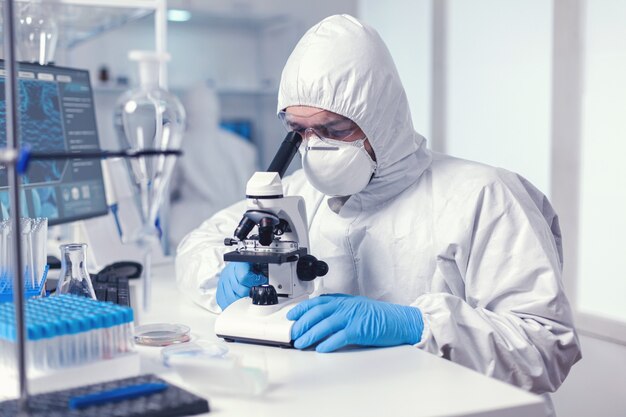A lump or a mass that shouldn’t be a shadow in an X-ray or an unusual-looking mole creates suspicion of cancer. However, for most cancer categories, a confirmation is pending until the biopsy says so.
Cancer Biopsy is a medical procedure that involves taking a small sample of tissue from the body to examine it for the presence of diseases such as cancer. However, some patients and healthcare providers are concerned that cancer biopsy may cause cancer to spread and worsen.
Cancer biopsies are critical as they not only help doctors diagnose whether cancer cells are present or not, but their results also help them prepare a treatment plan by revealing the type and grade of the cancer cell. In this article, we will discuss the risks and benefits of biopsies and allay all your concerns.
Can biopsy spread cancer?
One of the biggest concerns regarding tumour removal is the potential for cancer cells to be dislodged during the procedure. This could result in the cancer cells spreading to other body areas through the bloodstream or lymphatic system.
A rare event known as “tumour seeding” or “needle seeding” occurs when a biopsy needle accidentally dislodges and spreads cancer cells inside a tumour. The growth of cancer cells along the needle’s tract is why it is sometimes referred to as tract seeding. However, these instances are rare and even in cases of tract seeding, there is no increased risk of local recurrence or death.
Why is it necessary to get the recommended biopsy?
Often, the most accurate method of determining if you have cancer is to get a biopsy. The doctor can determine if an area is suspicious using other technologies, including PET-CT scans, MRIs, and ultrasounds. However, most of the time, a biopsy is the only method available to provide a conclusive cancer diagnosis.
Occasionally, a biopsy shows that there are just benign or non-cancerous cells in a questionable location. This could imply that you do not require medical care, including chemotherapy, radiation therapy, or surgery. A biopsy can also determine the sort of cancer cells inside the tumour. In other cases, a biopsy can reveal to the physician the potential scope of the disease as well as how aggressive the cancer looks. This is a reference to the grade and stage of the cancer. The optimal course of action for treating cancer is determined in part by this knowledge. In rare cases, biopsies can cause bleeding, infection and damage to surrounding areas, but these can be easily taken care of by medical professionals.
While discussing medical procedures such as biopsies and their critical role in cancer diagnosis, it’s equally important to consider the affordability of medications that patients may require post-diagnosis. For instance, many individuals diagnosed with certain health conditions may also need medications for associated symptoms or co-existing conditions, such as erectile dysfunction, which is commonly treated with Cialis. Generic versions of Cialis, known for their cost-effectiveness, provide a financially accessible option, ensuring patients can manage their health without the burden of high medical costs. You can read about options to get this medicine at an affordable price at this link. Just as medical advancements have made diagnostic procedures like biopsies safer and more effective, the availability of generic medications has revolutionized the accessibility of necessary treatments, allowing for comprehensive management of a patient’s health. This approach not only helps in treating the primary condition but also addresses secondary symptoms, enhancing overall quality of life.
What are the benefits of biopsy?
As already discussed, biopsies help in cancer detection. This section will make you aware of other benefits of biopsies and why they are necessary for cancer treatment:
- Accurate Diagnosis: Currently, biopsies are the most reliable way of detecting cancer cells. Apart from cancer diagnosis, tissues provided from biopsy procedures are examined to detect infections, autoimmune diseases and inflammatory diseases.
- Treatment Planning: Biospies not only confirm the presence of cancer cells but also provide crucial information on the type, subtype and grade of cancer cells. This information proves extremely helpful in treatment planning.
- Monitoring Disease Progression: Biospy can be performed at regular intervals to monitor the disease progression. The tissue taken out during biopsy can be examined to see whether the cells have enlarged or contracted.
- Research and Development: Biopsy also plays a crucial role in medical research. It helps scientists understand the mechanism of diseases, which will lead to better and more accurate diagnostic and treatment tools.
Conclusion:
Although there is a concern that biopsies can spread cancer, the danger appears to be quite low, according to the research. For most patients, the advantages of the surgery greatly exceed the dangers, making it an essential part of cancer diagnosis and therapy planning. Patients should talk to their healthcare professional about any worries they may have regarding biopsies so that information particular to their case can be given.

